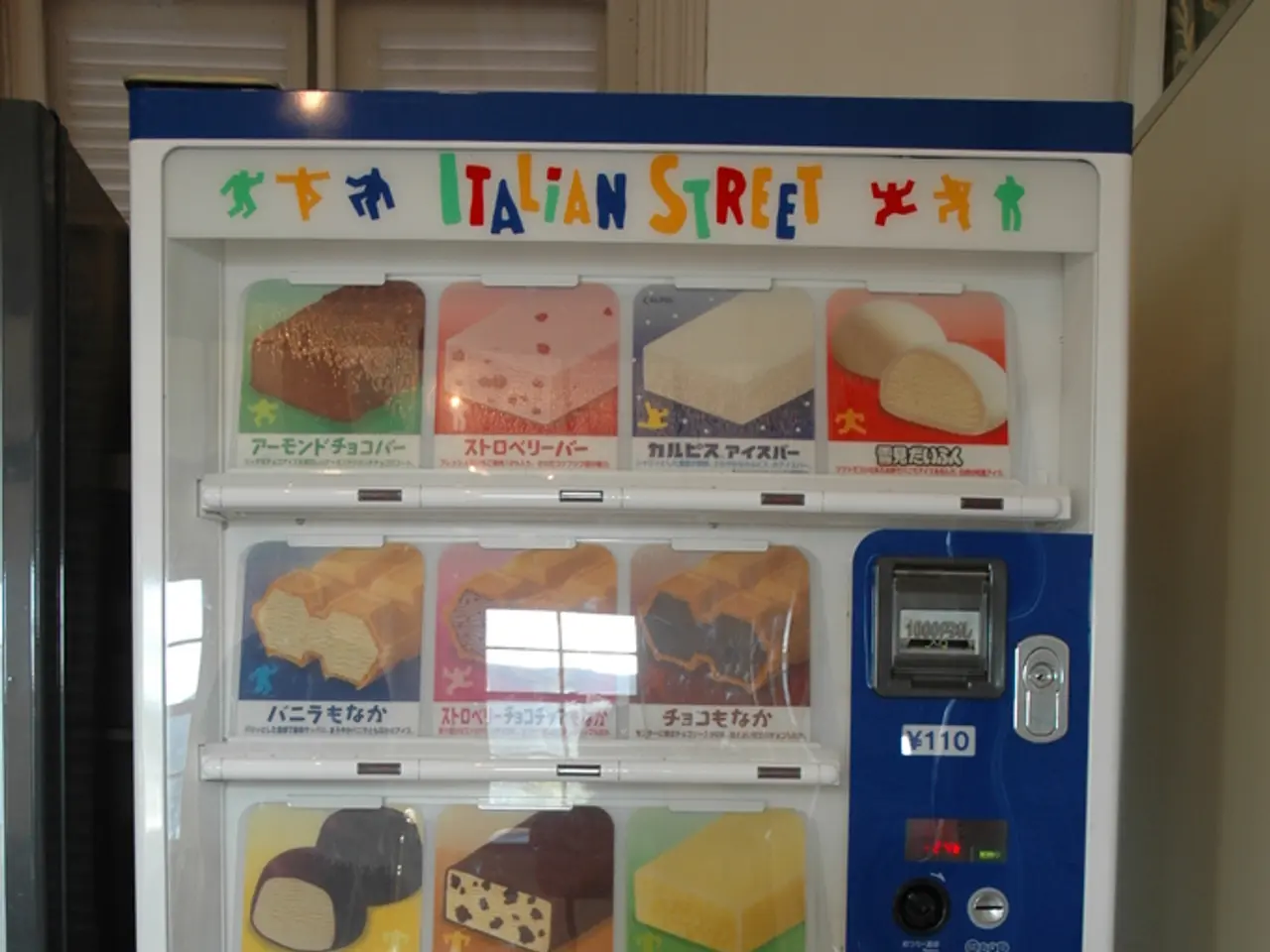Rapidly rising app, Abeg, caters to the fashion-forward Gen Z crowd in Nigeria, and its potential expansion could stem from Small and Medium Enterprises (SMEs) adoption.
In the bustling world of Nigerian fintech, a new player has emerged – Abeg, a mobile money transfer app developed by Dare Adekoya and his dedicated team. Launched on September 22, 2021, Abeg has been making waves in the market, attracting over 5,000 downloads on the Play Store within just two weeks.
The genesis of Abeg can be traced back to a tweet in December 2018, which inspired Adekoya to envision a Nigerian version of CashApp. Fast forward three years, and Abeg is now a reality, aiming to revolutionise the way Nigerians transact money.
Abeg's design team has carefully chosen the colour purple, symbolising royalty and premium experiences, and green, representing money and the longing for greener pastures, to attract its target demographic – Gen Z and millennials. The app's website features avatars of diverse individuals, symbolising its focus on inclusivity and the future of finance consumer apps.
Signing up on Abeg is a straightforward process. Users need to provide a full name, phone number, email address, and password, along with a four-digit PIN and bank verification number. Unlike traditional methods, Abeg does not require an account number for verification. Instead, users can utilise the app for their money transactions, eliminating the need for ATM cards.
The team behind Abeg is not just focused on fixing bugs and improving the app; they are also working diligently to create more features. Adekoya has revealed that their primary goal is to gather a large base of P2P money exchangers. To achieve this, Abeg is planning to introduce group savings features called "Ajo" and fundraising options.
In an increasingly competitive fintech market, Abeg is not a clone of Cash App. Instead, it aims to provide payment "experiences not features." The app does not see any wallet apps as competitors at this time. In fact, Abeg has identified and highlighted some users as potential influencers by adding checkmarks to their accounts, without paying any influencers.
Abeg's name is inspired by a common Nigerian word for asking favours, which could potentially aid in gaining a wider audience for the app. The app is already familiar to many Nigerians, which could be an advantage in a market where trust and familiarity play a significant role.
Competing against Abeg are notable companies like Paga, Jumo, Moniepoint, and Moove. Paga offers a comprehensive mobile payment infrastructure with over 12.8 million users, while Jumo focuses on financial services for the underserved, having originated over $1 billion in loans. However, Abeg is determined to carve its niche, aiming to expand its user base to small businesses such as neighbourhood restaurants, salons, and mid-sized supermarts.
At the helm of this ambitious startup is Michael Okoh, the CTO. Okoh, with his team, is working tirelessly to ensure that Abeg becomes a game-changer in the Nigerian fintech industry. As the story of Abeg unfolds, one thing is certain – the future of finance in Nigeria is about to undergo a significant transformation.
Read also:
- Week 39/24 Highlights: Tesla CEO's visit, Robo-taxi buzz, Full Self-Driving study, Affordable electric cars, and European pricing less than €30,000
- Solar energy company, Imperium, alongside QORAY Mobility & Energies Solar Business, bolsters Nigeria's environmental future by producing superior solar panels domestically and offering flexible payment options.
- AI Inspection Company, Zeitview, Secures $60 Million Funding for Expansion
- Future of Payments: If the U.S. regulates stablecoins through the GENIUS Act, according to Matt Hougan







